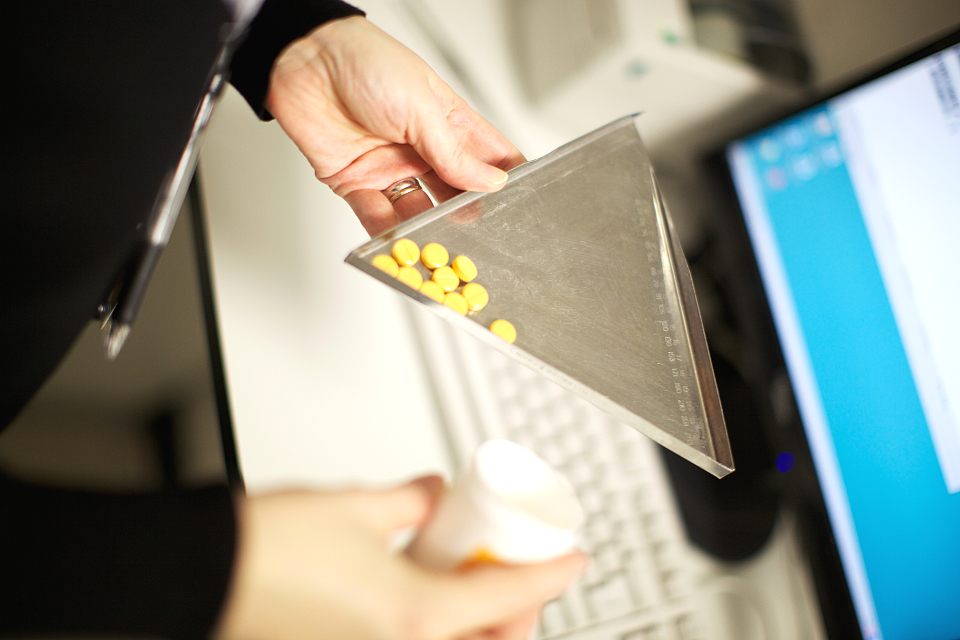Tough action needed to avoid antibiotic resistance
Professor John Watson writes about preserving antibiotics for ourselves and for future generations on European Antibiotic Awareness Day.


Prof John Watson
Today is European Antibiotic Awareness Day – a day that reinforces the issue of antibiotic resistance across Europe. Without tough action we will quickly approach a time when antibiotic resistance will be so widespread that patients with serious conditions will be extremely vulnerable to infection and further complications. The drugs simply won’t work.
This is not a new problem, in the past we have simply developed new antibiotics to replace ones to which bugs have become resistant. There has now been no new class of antibiotic discovered since 1987.
It is therefore vital that we look after the antibiotics that we do have. Around 35 million prescriptions for antibiotics are dispensed every year by GPs in England. Many people however do not complete their course and this can lead to antibiotic resistance. Furthermore, doctors and nurses should only prescribe antibiotics when they are really needed – not for ordinary coughs and colds. And when a GP tells us that it’s a virus and that antibiotics won’t help, we all need to listen and not demand to be given antibiotics.
The NHS is bigger than just hospitals and GPs – ask yourself if a pharmacist could help first with simple medication – antibiotics are not always the answer.
I am concerned that in 20 years, if I go into hospital for a hip replacement, I could get an infection leading to major complications and possible death, simply because antibiotics no longer work as they do now.
That is why the Chief Medical Officer for England, Professor Dame Sally Davies, has made this her priority and is pushing for the problem of antibiotic resistance to be put on a national risk register, alongside flu pandemics.
The government is taking this issue seriously and has introduced a strategy that coordinates action across the healthcare, veterinary and public health sectors.
Governments across the world need to work with the pharmaceutical industry, academics and others to ensure the development of new drugs and new approaches to treatment and better diagnostics. All countries also need to protect the drugs that we have now by ensuring that they are prescribed responsibly.
There are examples of specific infections which suggest that collaborative action really can make a difference. For example, we have seen an 80% drop in MRSA cases since the early 2000s, largely due to improved hospital hygiene and careful monitoring. Other resistant infections however have now emerged: some cases of gonorrhoea are now resistant to almost all antibiotics.
We could all be facing a future where it is no longer possible to have an organ transplant or help our bodies through cancer treatment as the risk of fatal infection is too great. Everyone has a role to play in preserving the antibiotics that we have now, both for ourselves and to protect future generations.